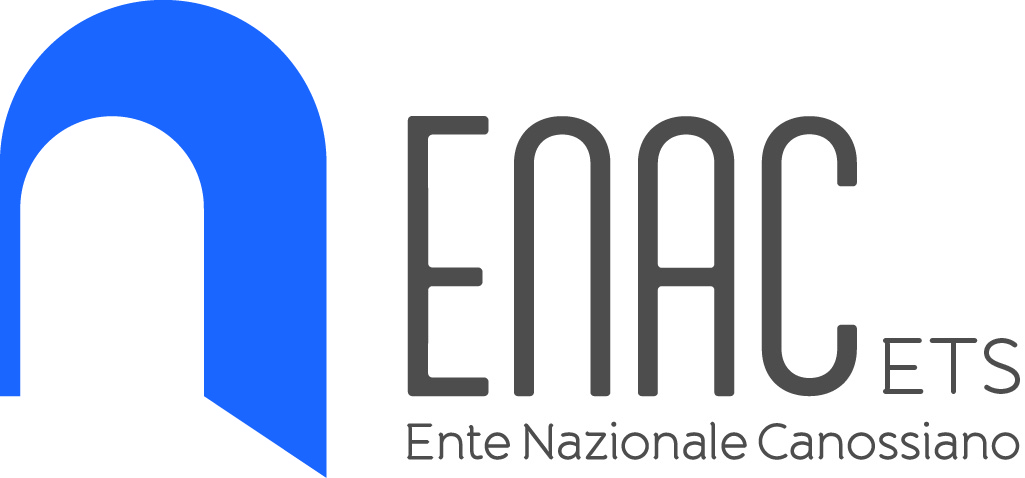Project
The project called “CROSS-CULTURAL TRAINING” has been developed between the 1st of September 2009 and the 31st of December 2010.
It has been a project with the aim of sharing and knowing the best practices to promote the intercultural dialogue, practices that have been adopted within the organization both in the methodologies and in the contents as far as in other elements specific of vocational education and training paths, observed in those who have been the European partners.
Project’s Goals
The project aimed at replying to a need of providing answers to the problems and issues that often emerge when organizing and managing training paths; these are characterized by an increasing presence of students coming from different Countries, with a cultural and linguistic heterogeneity of the trained groups, made by people with different nationality, often higher than 35%.
Objectives of the project were:
-
to let participants learn and test new communication strategies and didactic methodologies helping in the training groups management/classes with a significant presence of people coming from countries with different culture, religion and language, promoting and optimizing the possibility of individual learning;
-
to let participants learn and test, particularly to those dealing with direction, project management and coordination, new models and elements of processes organization, as far as integration projects that produced positive results promoting the intercultural training and dialogue;
-
to promote the mutual comprehension and coexistence, to valorise the intercultural interaction, deepening the relationships, contributing to reinforce, through the dialogue, the comprehension, tolerance, solidarity and the perception of a common destiny among European citizens of every origin;
-
to support a development of a European citizenship based on the coexistence of different intercultural and religious identities in a pluralistic and dynamic society in Europe and in the world;
-
to share good practices of intercultural dialogue in the organization and management of vocational education and training paths;
-
to proceed with continuity the path started in 2008 with the European year of intercultural dialogue to strengthen the role of the education as essential tool to teach the diversity;
-
to contribute to reach the strategic goals indicated by the Stockholm European Council in March 2001, namely: improve the quality, the effectiveness and facilitate the access to the educational and training systems in the European Union; open the systems to the external world;
-
to produce concrete returns in the organizational system, produce changes and feed innovation in the system, speed the adaptation to new practices because the issue is felt as urgent in the vocational training institutes.
Partners
There were 4 sending organizations that selected 24 participants among the operators (i.e. responsible and operators of the vocational education and training system) belonging to the different training headquarters linked and associated to them:
-
ENAC Ente Nazionale Canossiano
-
CIOFS/FP Nazionale
-
ENDOFAP Nazionale
-
Intercultural Studies Centre – Education Science Department of the Verona University.


